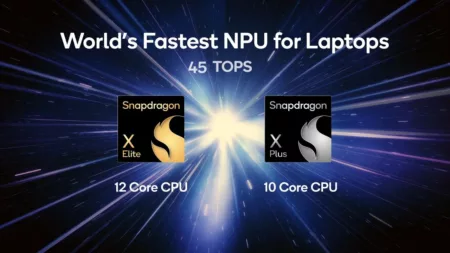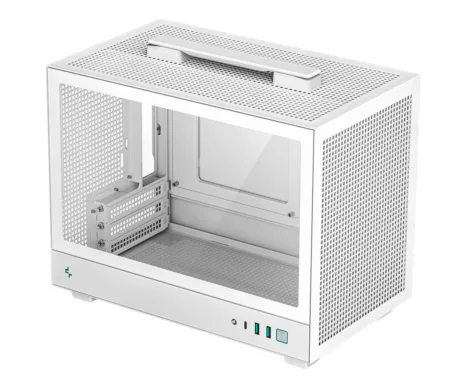MSI Afterburner, the popular overclocking and monitoring tool for graphics cards, has finally received a much-anticipated update to version 4.6.5. This stable release comes after a long wait, during which time the developer, Alexey Nicolaychuk, also known as “Unwinder” over at Guru3D boards, did not receive payment from MSI.
The new update is a significant milestone for MSI Afterburner and brings support for the latest graphics cards, including NVIDIA’s RTX 40 series and AMD’s Radeon RX 7900 series. Additionally, the update introduces experimental support for Intel’s 13th Gen Core CPUs and AMD Ryzen 7000 series CPUs, making MSI Afterburner a more versatile tool for overclocking and monitoring performance.
The latest update also includes many other fixes and improvements, making it a more reliable and stable version of the software. While there were BETA updates available during the wait, the lack of a stable release since 2019 has been a concern for many users who rely on MSI Afterburner for graphics card tuning.
MSI Afterburner has been one of the most popular overclocking and monitoring tools for graphics cards, especially since the discontinuation of EVGA Precision X. The tool has a simple and user-friendly interface, making it easy to overclock graphics cards and monitor their performance. With this new update, the software is set to become even more versatile and useful for gamers and enthusiasts.
The update’s release is excellent news for those who have been waiting for it, and it’s a testament to the development team’s hard work in delivering a reliable and stable update despite the delay caused by the payment issue. MSI Afterburner users can now take advantage of the latest graphics card technology and enjoy the benefits of the software’s overclocking and monitoring features.
The release of MSI Afterburner version 4.6.5 is a significant milestone for the popular overclocking and monitoring tool for graphics cards. The update brings support for the latest graphics cards, experimental support for CPUs, and many other fixes and improvements. With this latest update, MSI Afterburner is set to become even more useful and versatile for gamers and enthusiasts who rely on it for graphics card tuning.
Changelog
MSI Afterburner Version 4.6.5
- Added NVIDIA GeForce RTX 40×0 series graphics cards support
- Added voltage control support for GA103 and GDDR6x based versions of NVIDIA GeForce RTX 3060 Ti
- Added AMD RADEON RX 7900 series graphics cards support
- Added total board power monitoring support for AMD RADEON RX 7900 series graphics cards
- Added some future AMD and NVIDIA GPU PCI DeviceIDs to hardware database
- Added Intel Arc GPUs support to hardware monitoring module. Please take a note that Intel Arc GPUs overclocking and tuning is currently not supported due to Intel hardware control API support limitation to x64 applications only
- Added experimental support for Intel 13th generation CPUs
- Added experimental support for AMD Ryzen 7xxx CPUs
- CPU usage data sources in hardware monitoring module have been switched to alternate implementation based on NtQuerySystemInformation(SystemProcessorIdleInformation), because traditional legacy idle time reporting in NtQuerySystemInformation(SystemProcessorPerformanceInformation) is broken in current Windows 11 22H2 builds
- Added workaround for broken fixed fan speed programming API (Overdrive 5 compatible fallback path) for old Overdrive 7 GCN GPUs on 22.5.2 and newer AMD drivers
- Added config file switch for disabling native reliability voltage control API on NVIDIA GeForce GTX 9×0 series graphics cards and forcing legacy P-state 2.0 voltage control API usage on such hardware. Power users may use this switch to bypass voltage control lock on NVIDIA Maxwell series graphics cards on release 515 and newer drivers families
- Improved correction formula parser with data format conversion, rounding and min/max functions support
- Added OCMailbox based bus clock frequency monitoring for Skylake and newer Intel CPUs. Unlike traditional legacy timestamp clock based bus clock frequency estimations, OCMailbox provides support for overclocked BCLK monitoring. Please take a note that access to OCMailbox is blocked by design of OS when HVCI is enabled
- Improved SMART.dll monitoring plugin. Added temperature monitoring support for NVMe devices, including the secondary controller temperature for some Samsung NVMe drives
- Default clock frequency limit of voltage/frequency curve editor window has been extended to 3.5GHz. Please take a note that you may still customize the limits via config file if necessary
- Update server location changed to new URL inside update checking system. Old update server location reached EOL





